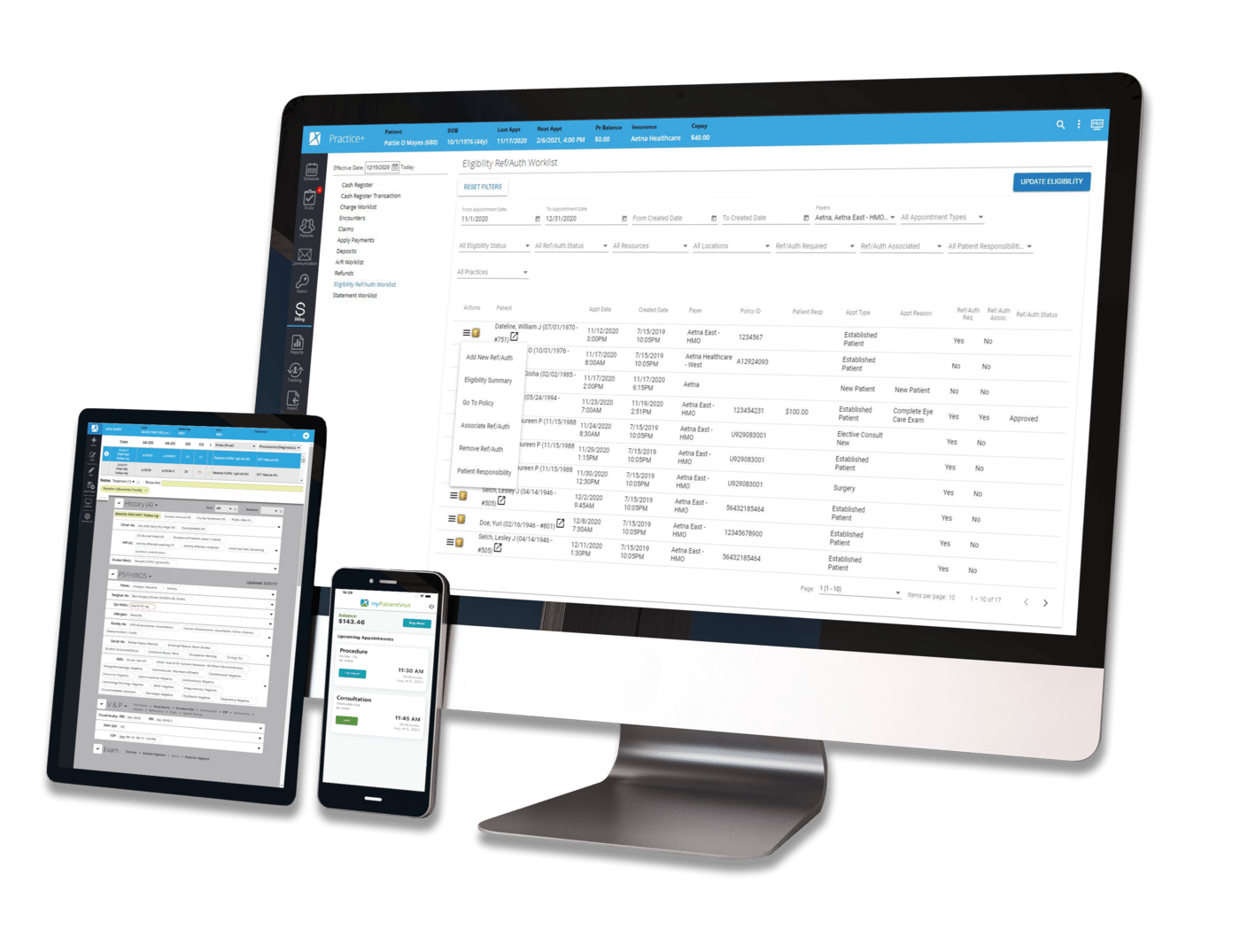Latest Articles
The latest news and information regarding electronic medical records, practice management software, HIPAA, and security from Nextech.

Ophthalmology | Meaningful Use | EHR | Interoperability | MIPS | Regulatory & Compliance | Security & Data Management | Clinical Efficiency | IRIS Registry
By:
Nextech
July 26th, 2022
For almost a decade, Nextech EHR has integrated with the IRIS® Registry. But what is the IRIS Registry and why does it matter?

By:
Courtney Tesvich
December 7th, 2021
Back in November, the Centers for Medicare & Medicaid Services (CMS) released the 2022 Final Physician Fee Schedule that outlines Quality Payment Program (QPP)/Merit-based Incentive Payment System (MIPS) changes for next year. This blog will provide you with a high-level summary of changes to help you understand how to plan your quality improvement process for next year.


Plastic Surgery | Regulatory & Compliance
By:
Nextech
November 16th, 2021
In the last week of October 2021, the U.S. Food and Drug Administration (FDA) announced a number of new actions intended to strengthen communication regarding breast implants. Additionally, these new measures are meant to help patients who are considering undergoing breast implant procedures in making informed decisions while also improving patient safety.

Regulatory & Compliance | cures act
By:
Courtney Tesvich
November 11th, 2021
While a great deal of information has been released on how electronic health records (EHR) will be affected by the Cures Act regulations, there seems to be far less understanding about how the new requirements will affect practices. In this blog article, we will clarify how some of the new requirements will apply to your practice, even if you are not a MIPS participant, as well as how transitioning to the cloud from a server-based system will make complying with these regulations easier for your practice next year and into the future.

By:
Courtney Tesvich
August 18th, 2021
Welcome to our second and final installment of this blog series on important changes in the 2022 Physician Fee Schedule (MIPS Proposed Rule). In Part 1, we took a look at key changes to the Quality Payment Program (QPP). In this blog, we will summarize the new MIPS Value Pathways (MVPs) as well as important changes to the Appropriate Use Criteria and EPCS Medicare Part D Compliance Requirements.

By:
Courtney Tesvich
August 11th, 2021
Studies have shown over and over that there are disparities in healthcare access and outcomes based on social determinants of health (SDOH) such as income and education level, environment, discrimination, and other factors. In recent years, we have seen attention turn to collecting information from patients regarding these factors and using them to help guide a patient’s care. In specialty settings, this is often seen as less important, and these factors are either not collected or dismissed as unimportant to patient care. This may all change in the near future, however, as CMS turns even more attention to the collection and use of these factors in patient care.

By:
Courtney Tesvich
August 4th, 2021
Back in mid-July, the Centers for Medicare & Medicaid Services (CMS) released the proposed rule for the 2022 Physician Fee Schedule. In this two-part blog series, we are going to take a look at some of the more notable changes in the 2022 MIPS proposed rule. In this first installment, we will be summarizing the proposed changes to the 2022 Quality Payment Program.

By:
Courtney Tesvich
July 28th, 2021
On July 19, 2021, the Centers for Medicare & Medicaid Services (CMS) released the 2022 proposed rule for the Outpatient Prospective Payment System (OPPS). These changes are meant to increase reimbursement rates for OPPS, implement increased penalties for price transparency violations and reverse changes to the inpatient-only list (among other things).